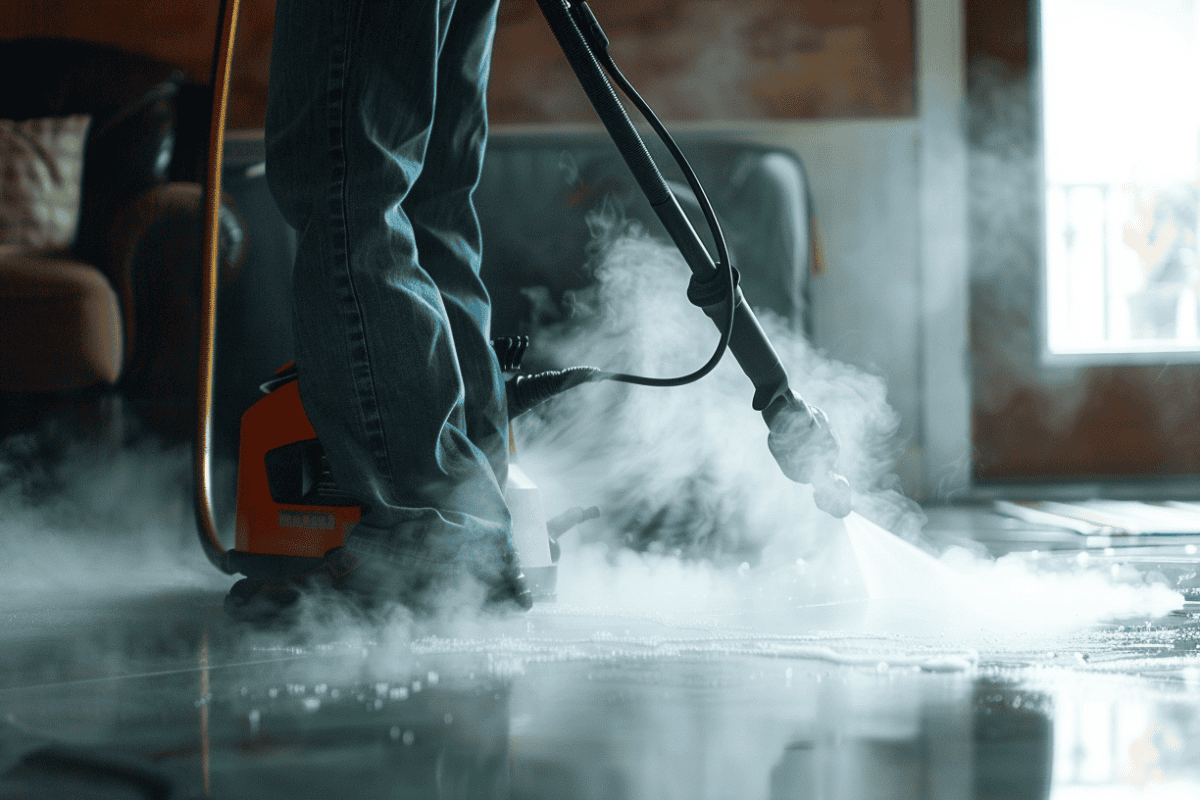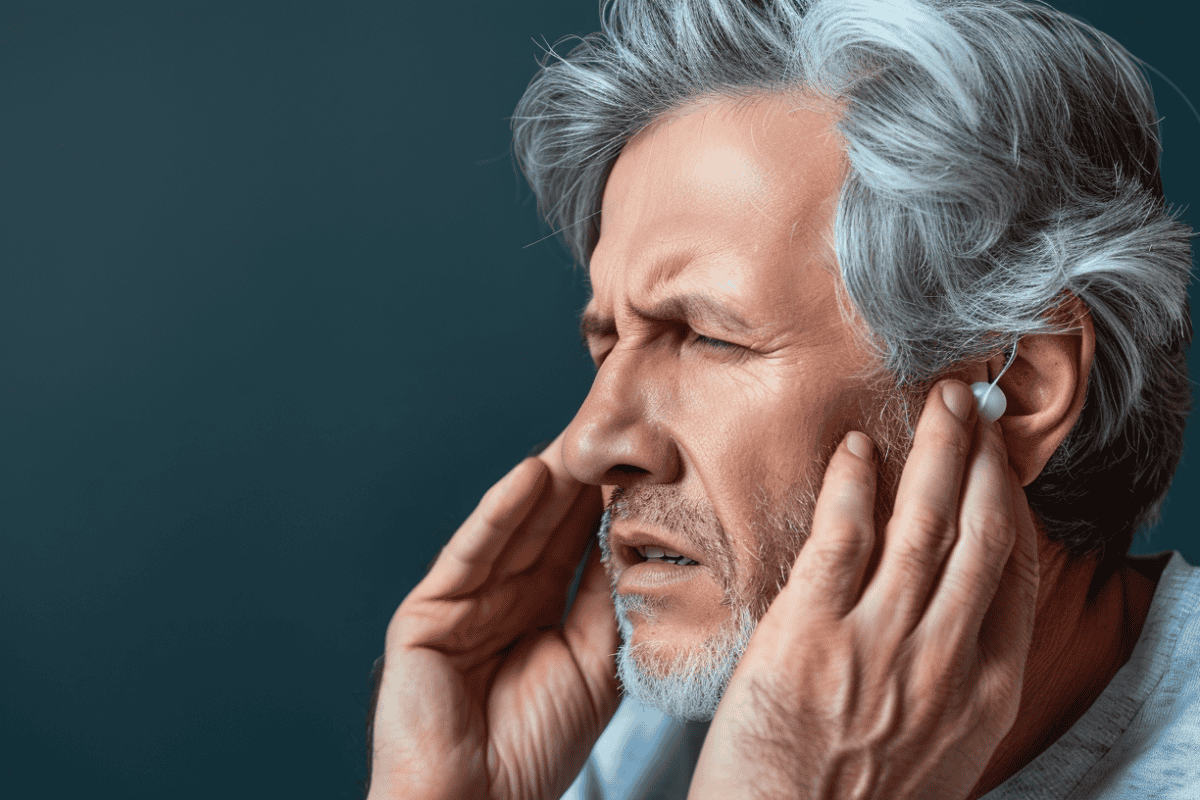If someone is experiencing constipation, bloating, excess gas, stomach discomfort, or just general malaise, a detox cleanse may be in order. Many experts claim that a full body cleanse helps to eliminate harmful chemicals and toxins from the body and that it helps restore natural balance to the digestive system.
There are many different types of cleanses, depending on the symptoms, goals, and lifestyle of the individual. Some choose to go on a liquid cleanse and scour detoxify drink reviews to find the best one. Others may use supplements or follow a specific nutrition plan. Whichever one is chosen, it helps to understand how they work and how you can help make it more effective.
What is a full body detox?
Exposure to pollution and chemicals in certain foods can build up toxins in the body. Certain medical conditions, such as heavy metal poisoning, may also require detoxification. In general, a full body detox helps to flush the toxins out and clean out the gut. Cleanses may be done four times a year, monthly, or more frequently, depending on an individual’s health issues.
Individuals who take part in full body detoxes claim they notice numerous benefits. These include:
- Less constipation and stomach discomfort
- Improved energy
- Increased metabolism
- Weight loss
- Reduced gut inflammation
Although a cleanse can be helpful, it also comes with certain risks, depending on the cleanse. Some result in dehydration, a lack of nutrients, and electrolyte imbalance. Some cleanses also rid the gut of both good and bad bacteria, which can result in additional digestive issues.
If looking at a polisorb review, you can see that, for the most effective cleanse, there are additional steps you may want to take. These include prepping your body for the cleanse and drinking extra water.
Best Foods to Support Your Detox Cleanse
Eating certain foods may also be supportive of your cleanse. Toxins can increase the number of free radicals in the body, so eating foods rich in antioxidants is helpful. Some examples include berries, peppers, spinach, oranges, nuts, and tea.
Eating foods that have a prebiotic function will also help to promote the growth of good bacteria in the digestive system. Good sources are bananas, tomatoes, asparagus, garlic, onions, artichokes, and oats. Foods rich in potassium also support detoxes. Eat more kidney beans, potatoes, bananas, squash, and spinach. People who are detoxifying from heavy metals should increase their intake of sulfur-containing foods such as garlic, onions, and broccoli.
It also helps to avoid certain foods. For example, staying away from processed sugar-laden foods not only supports detoxification, but it also aids in stomach ache relief. Excess salt should be avoided, as it can prevent urination, which, in turn, prevents the body’s detoxifying abilities.
Try a Full Body Detox for Improved Health
Although your body has a natural detox system, consisting of your skin, lungs, digestive system, kidneys, and liver, a full body detox can help enhance the natural process. While some cleanses require fasting or a liquid diet, choosing one that encourages eating may be more sustainable and enjoyable. Just make sure you choose the right foods to support your goal of detoxifying or, in other words, toxin removal made easy.
This is a sponsored post
Digital Health Buzz!
Digital Health Buzz! aims to be the destination of choice when it comes to what’s happening in the digital health world. We are not about news and views, but informative articles and thoughts to apply in your business.


